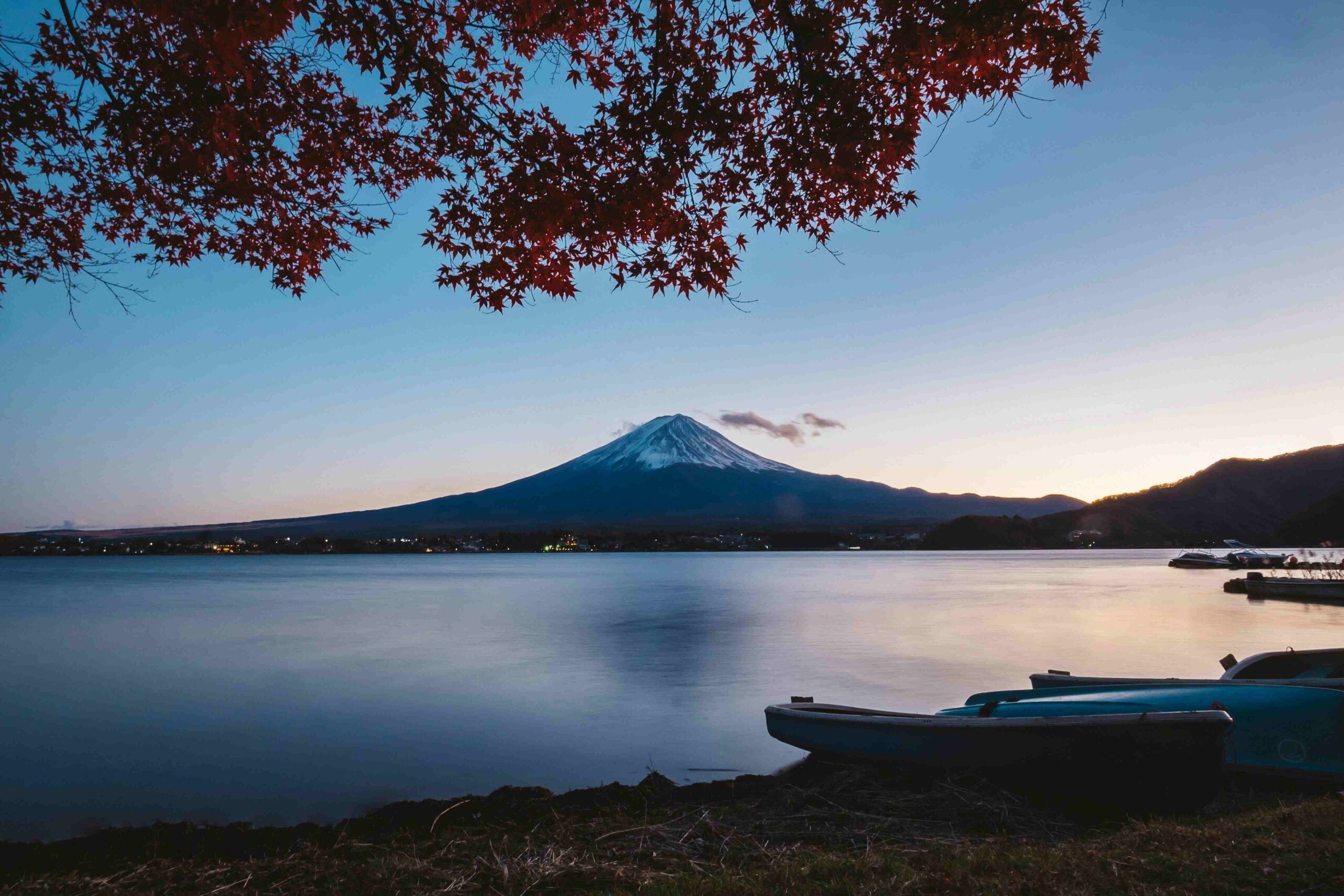
My Dream Vacation: Where I Want to Go
Article Level: A2
Explanation: This article explores the writer’s dream vacation to Japan, highlighting its stunning landscapes, rich culture, delicious cuisine, and vibrant cities. From cherry blossoms and Mount Fuji to sushi and modern Tokyo, the writer shares their excitement about experiencing Japan’s beauty and traditions.
Commonly Used Words from the Article
-
Contrast /ˈkɒntræst/ (noun): A difference between things that are compared.
Japan is a land of contrasts between old and new. -
Tradition /trəˈdɪʃən/ (noun): A custom or belief passed down through generations.
The tea ceremony is a Japanese tradition. -
Cuisine /kwɪˈziːn/ (noun): A style of cooking, especially from a specific region or country.
Japanese cuisine is famous for its fresh flavours. -
Landscape /ˈlændskeɪp/ (noun): The natural features of an area.
Japan’s landscapes include mountains and cherry blossoms. -
Memorial /məˈmɔːriəl/ (noun): Something that helps people remember an important event or person.
The Peace Memorial Park is in Hiroshima.
Audio File of the Article
Read more: My Dream Vacation: Where I Want to Go

My Dream Vacation: Where I Want to Go
Everyone dreams of taking a perfect holiday, and I am no different. My dream vacation is to visit Japan, a country full of culture, technology, and beauty. Japan is a land of contrasts, where ancient traditions meet modern life. It has always fascinated me, and I hope to visit one day.
One of the main reasons I want to visit Japan is to see its beautiful landscapes. I dream of walking under the cherry blossoms during spring in Tokyo and Kyoto. These pink and white flowers are so famous that people from all over the world visit Japan to see them. Another place I want to visit is Mount Fuji. This mountain is not only a natural wonder but also an important symbol of Japan. Climbing Mount Fuji might be difficult, but I believe it would be worth the effort for the breathtaking views.
Another reason I love Japan is its unique culture. I want to experience a traditional tea ceremony, wear a kimono, and stay in a ryokan, a Japanese inn. Learning about the history of samurai and visiting ancient temples like the Golden Pavilion in Kyoto are also on my list. These activities would help me understand more about Japan’s rich history and traditions.
Of course, food is a big part of my dream vacation. Japanese cuisine is famous for its fresh and delicious dishes. I would love to try sushi, ramen, and tempura from local restaurants. Trying street food at a Japanese festival would be an unforgettable experience. I also want to visit Osaka, known as Japan’s food capital, to taste takoyaki and okonomiyaki.
Finally, Japan’s modern cities excite me. Tokyo is a city full of energy, with its bright lights and high-tech shops. Visiting Shibuya Crossing, one of the busiest pedestrian crossings in the world, would be thrilling. I also want to explore Akihabara, a place for technology and anime lovers. Another city I dream of visiting is Hiroshima. It has a sad history, but it also shows the strength and recovery of its people. Seeing the Peace Memorial Park would be a touching experience.
In conclusion, my dream vacation to Japan is not just about visiting a new place; it is about learning, experiencing, and making memories. From beautiful nature to unique traditions and delicious food, Japan offers so much to explore. I hope one day I can make this dream come true and share the amazing stories from my journey.

Grammar Notes
- The article uses simple present tense and simple future tense, making it suitable for A2 readers. Conditional sentences like “Climbing Mount Fuji might be difficult, but I believe it would be worth the effort” introduce more complex ideas in an accessible way.
Grammar Lesson: Using Simple Present and Simple Future Tenses
- Simple Present Tense is used for facts and regular actions: “Japan offers so much to explore.”
- Simple Future Tense is used for plans and hopes: “I hope to visit one day.”
- Practice combining the two tenses in your writing to express dreams and facts clearly.

Five Questions Based on the Article
-
Why does the writer want to visit Japan?
-
What are cherry blossoms, and why are they famous?
-
Name two Japanese dishes mentioned in the article.
-
What is a ryokan?
-
Why does the writer want to visit Hiroshima?

We’d love to hear your thoughts! Join the conversation by leaving a comment below. Sharing your insights, questions, or experiences can help you connect with others in our English learning community. It’s a great way to practice your English skills, engage with like-minded individuals, and improve together. Don’t be shy—jump in and let’s keep the discussion going!

 EnglishMasteryHub
EnglishMasteryHub